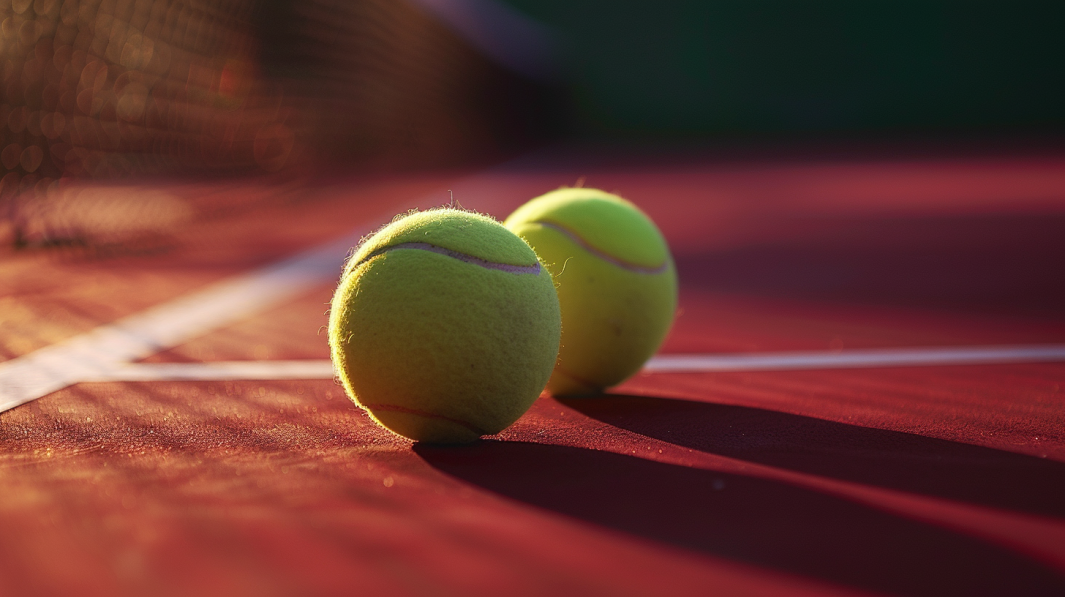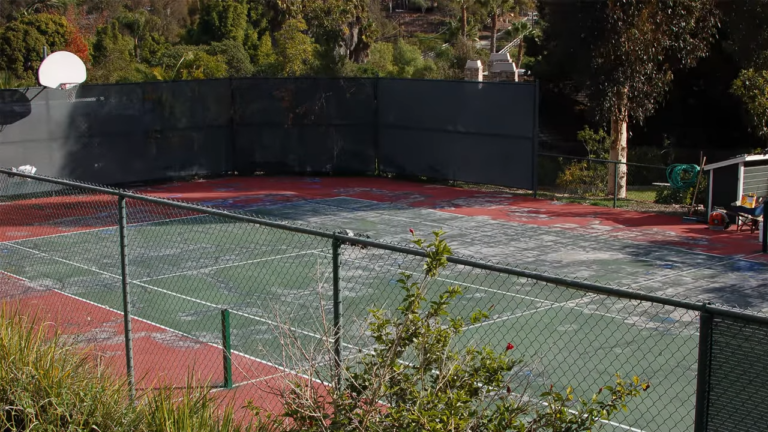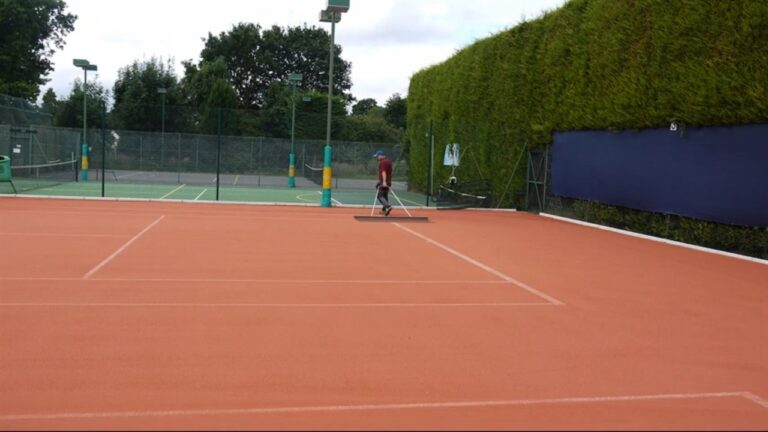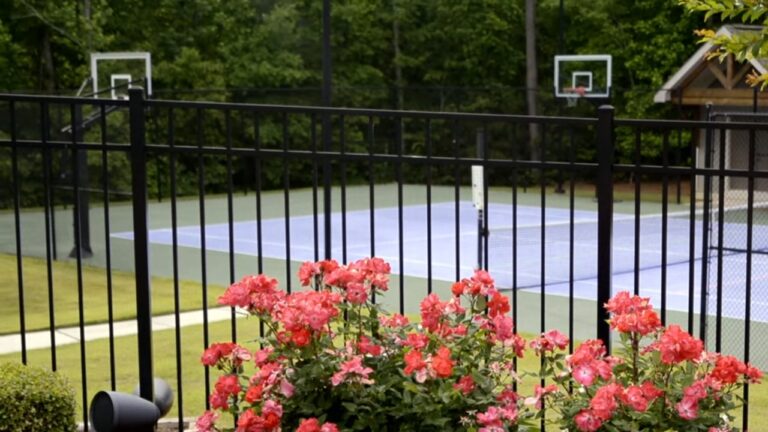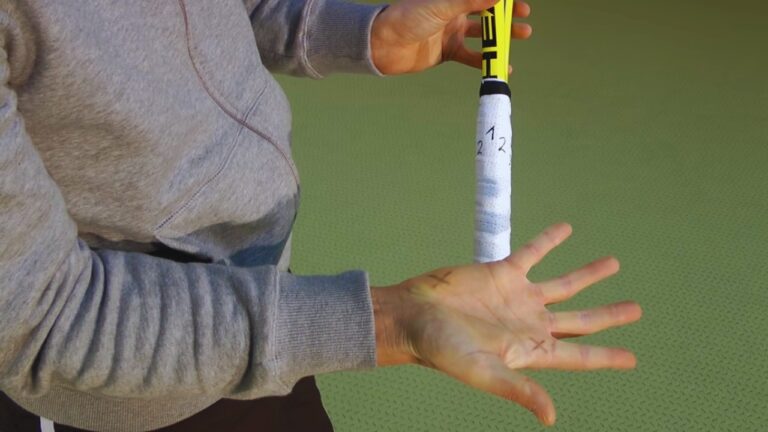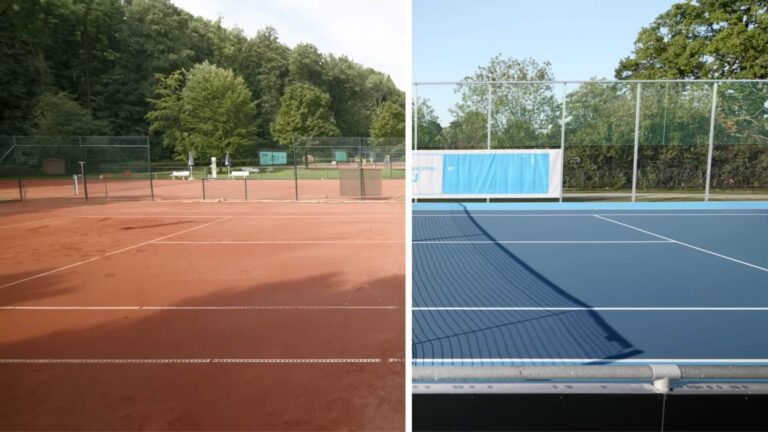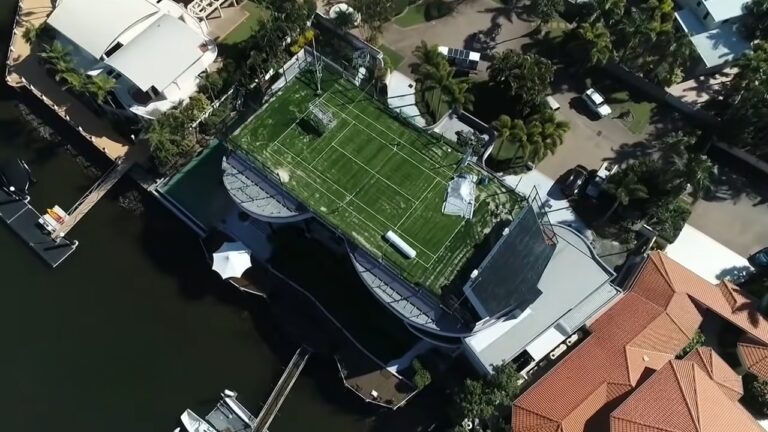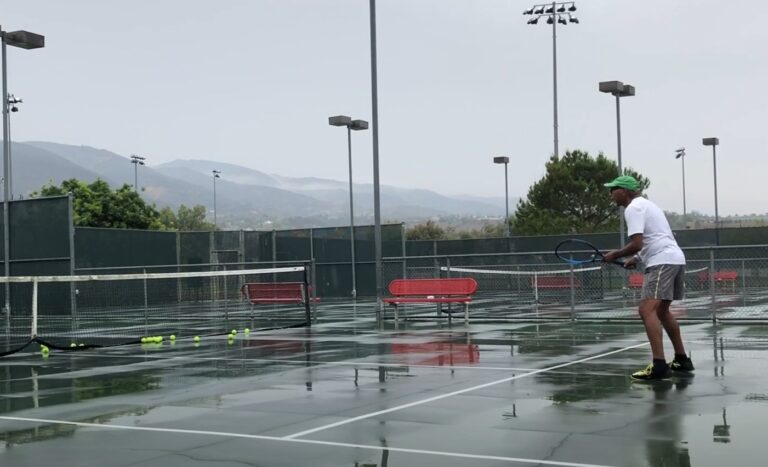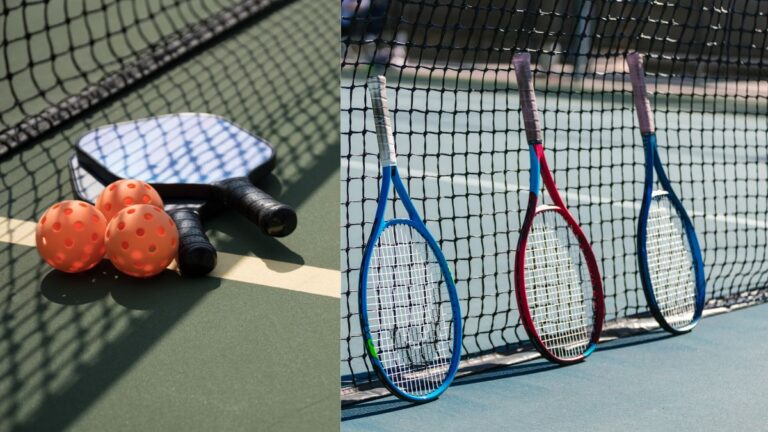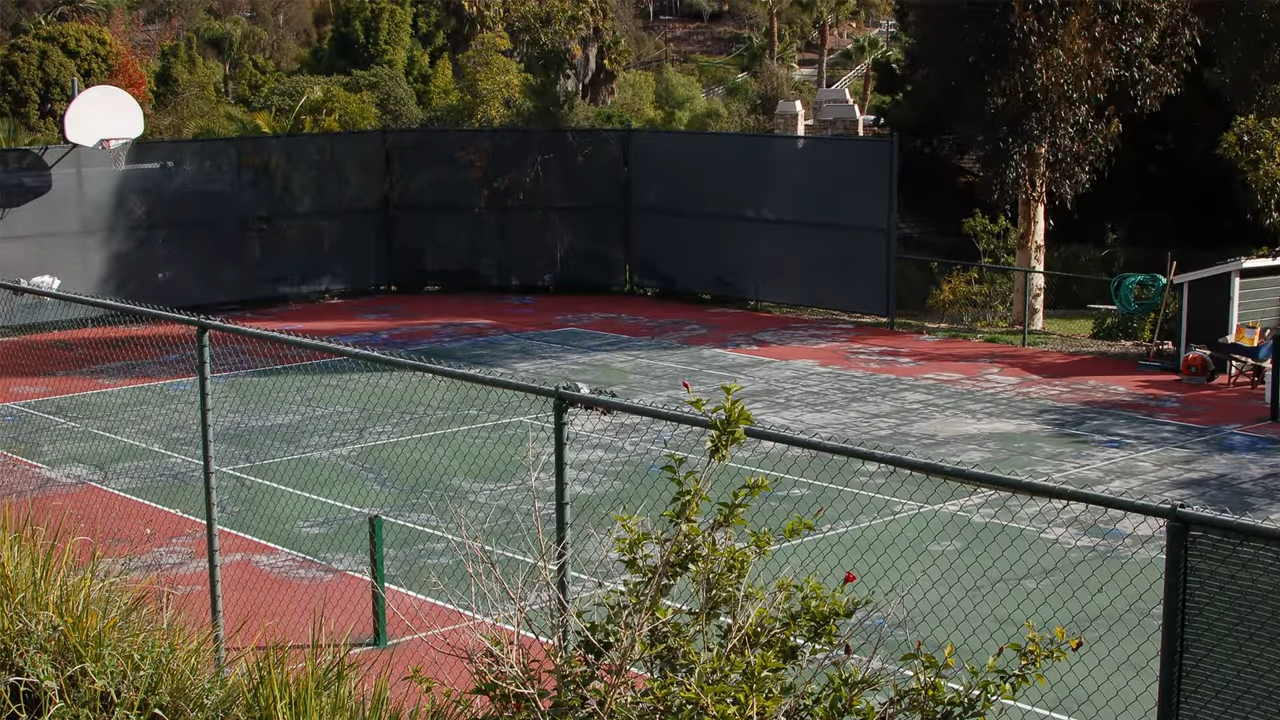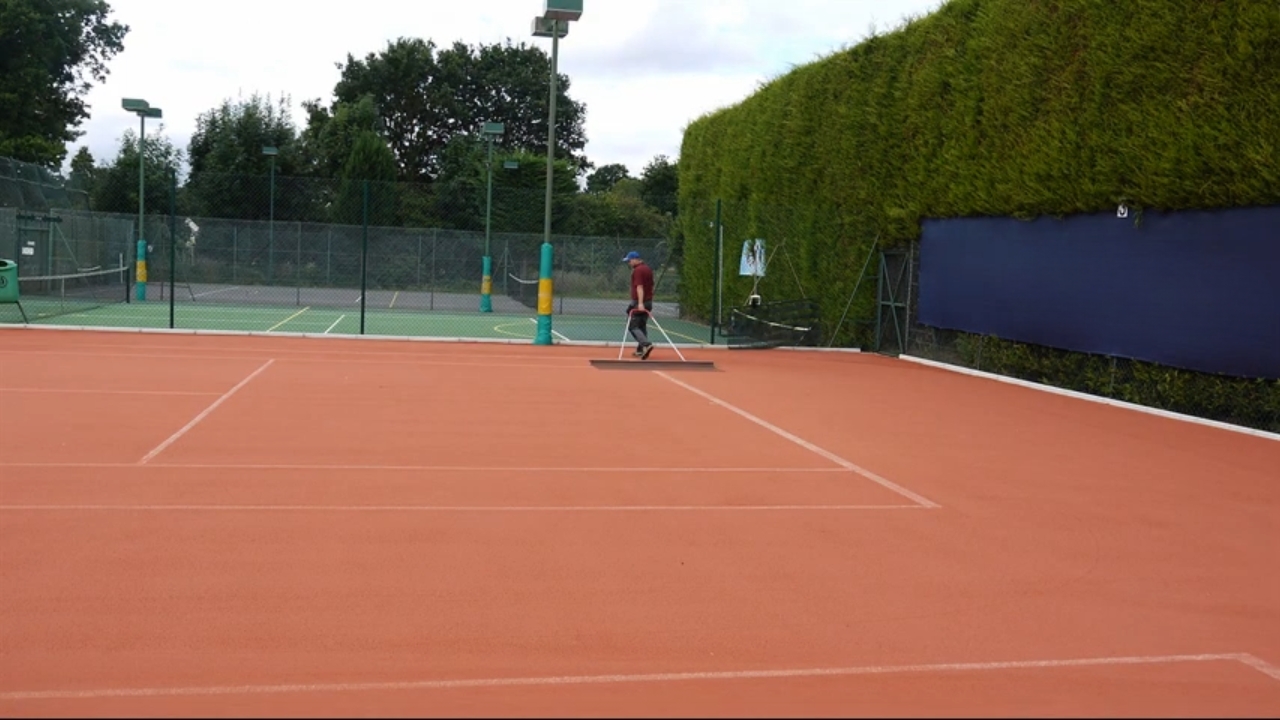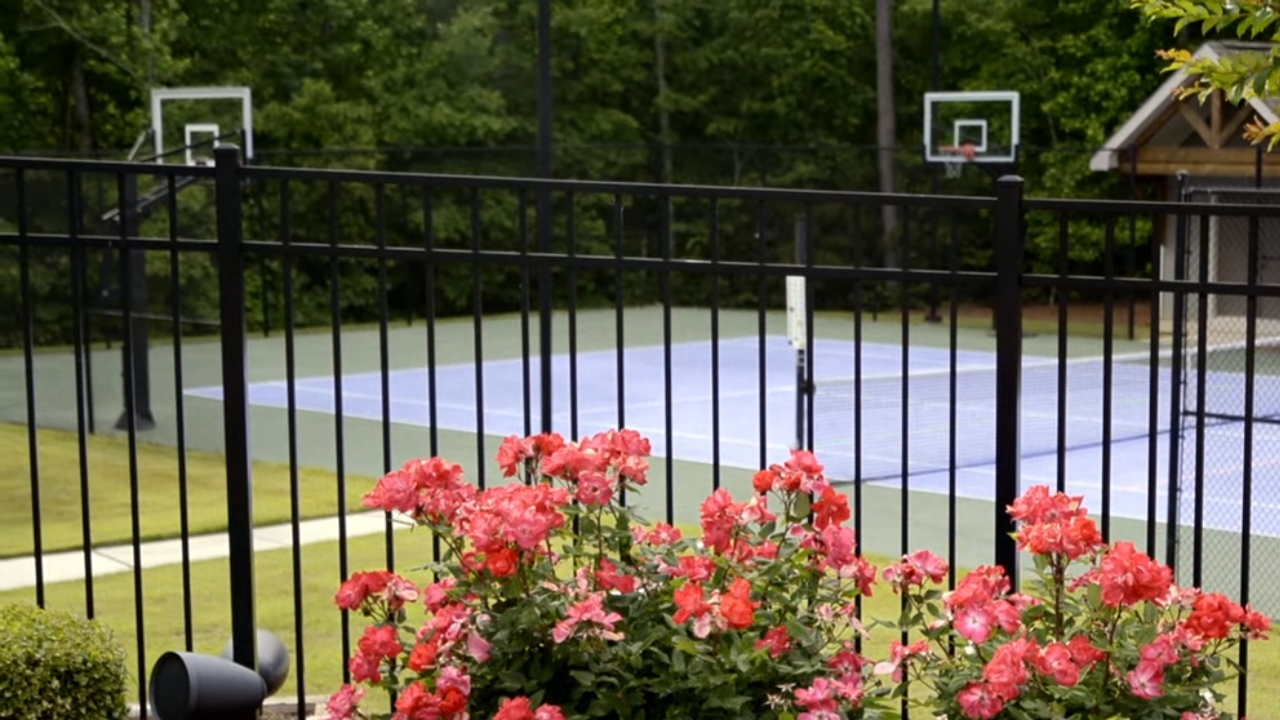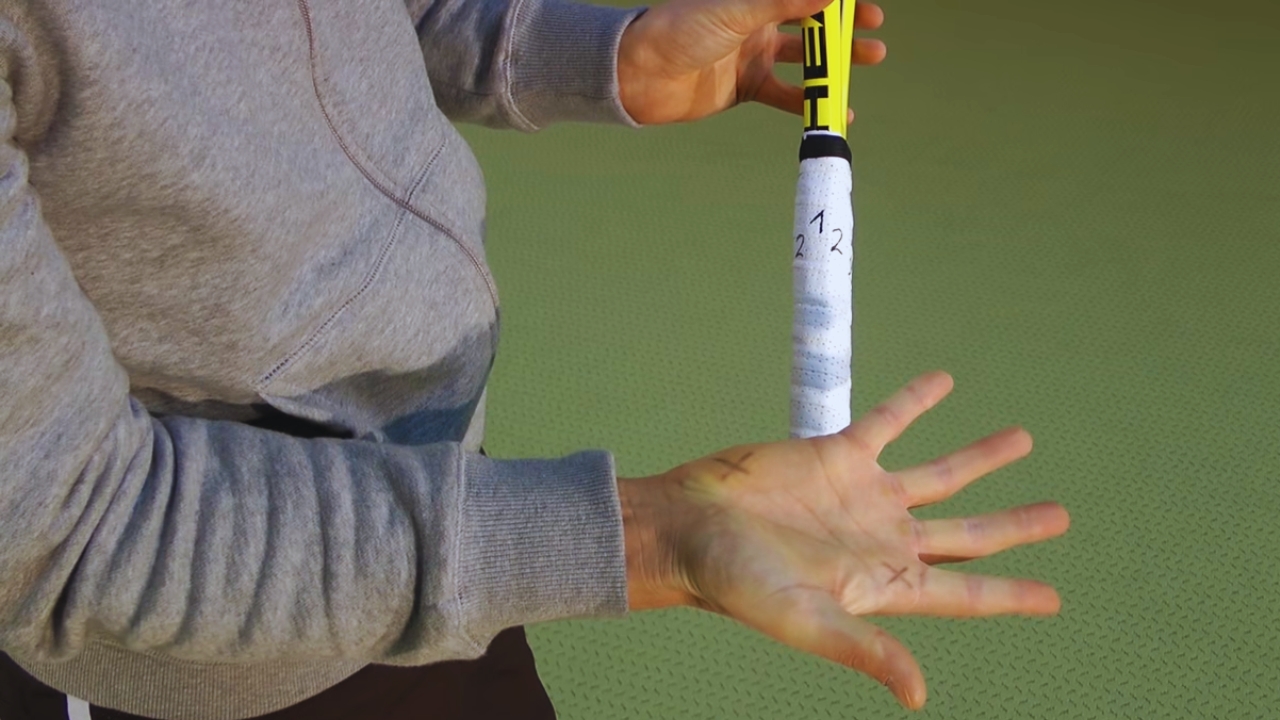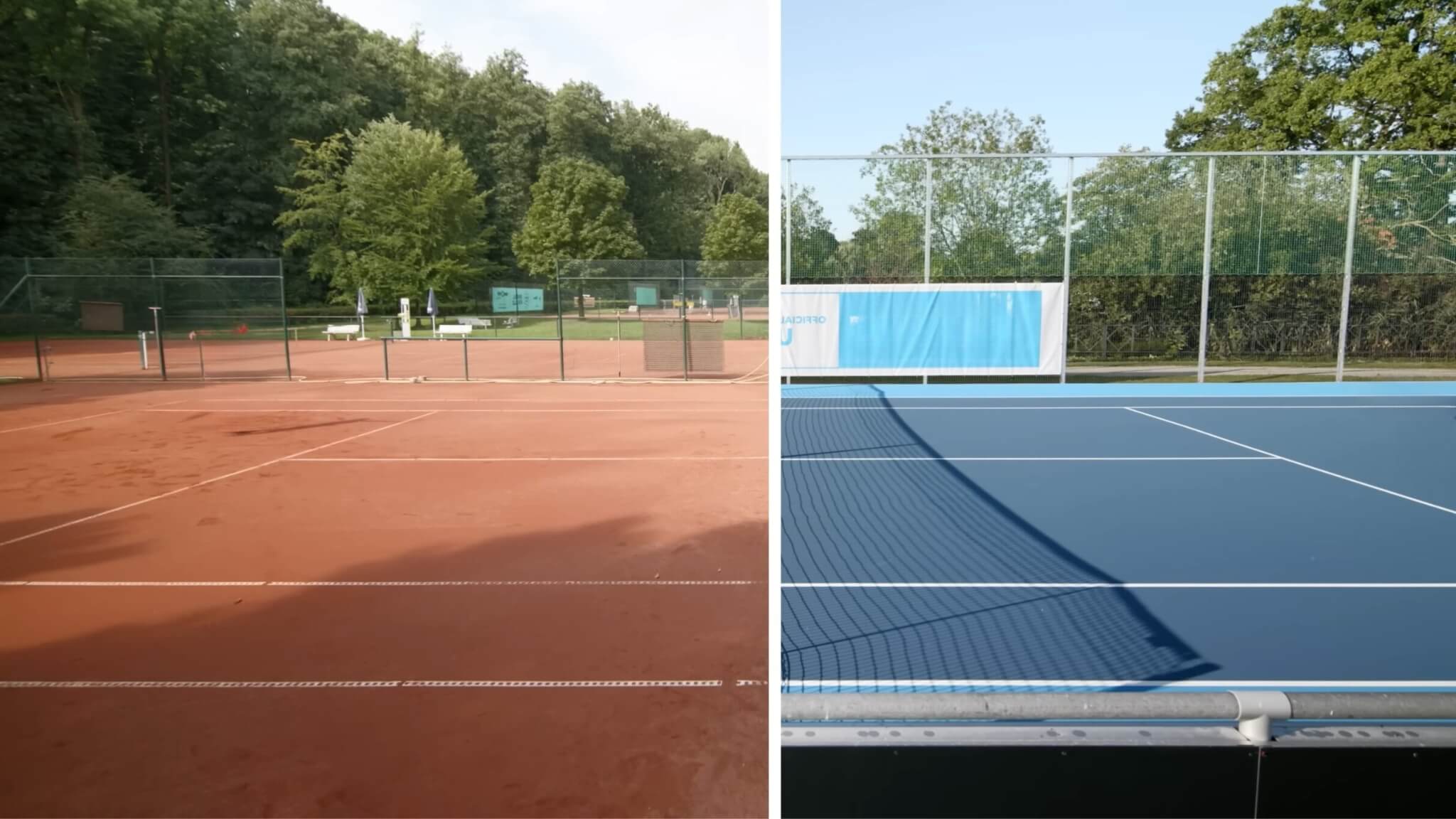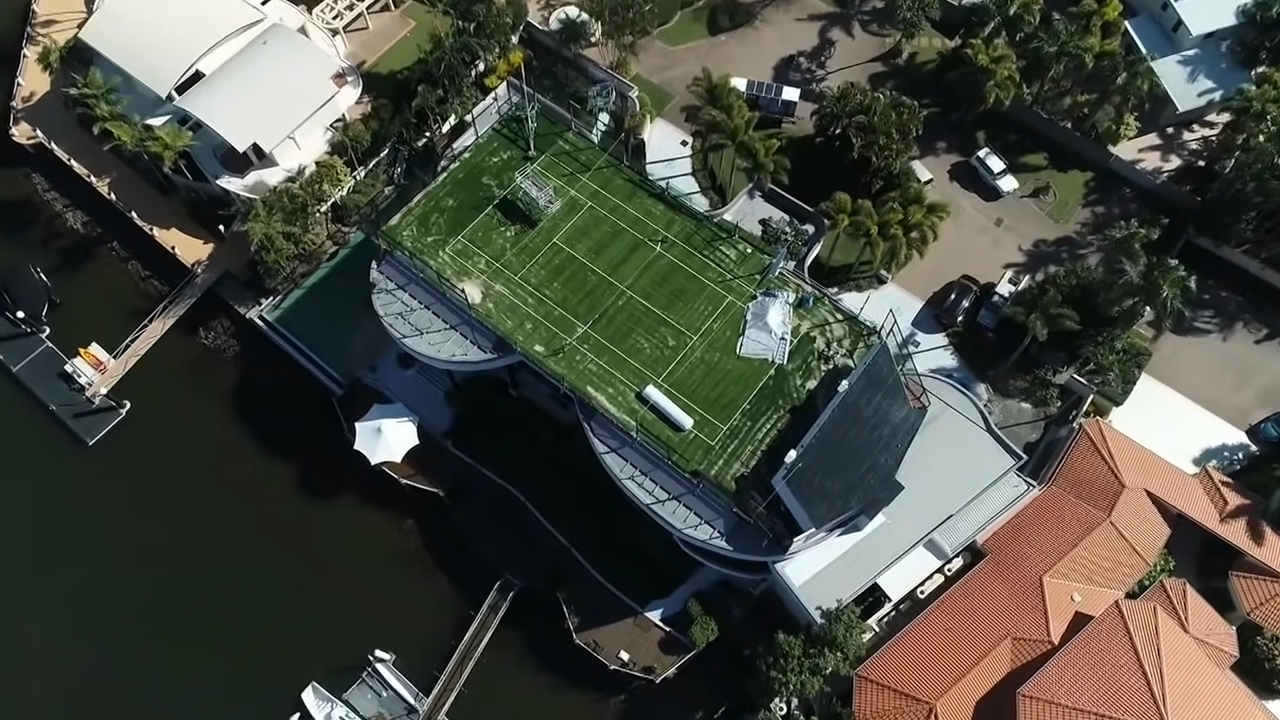As we all know, choosing the right ball type can make a big difference in how much you enjoy a match. In general, there are two main categories – regular duty balls and extra duty balls.
For beginners just starting to learn the game, regular balls tend to work well. They’re more forgiving as you’re still developing technique and control. But more experienced players will find they don’t hold up as long during rallies.
That’s where the extra-duty balls come in handy. They’re constructed to withstand higher-powered shots over multiple sets. So if you play frequently at a competitive club level, they’re worth considering.
What Are Regular Duty Tennis Balls?
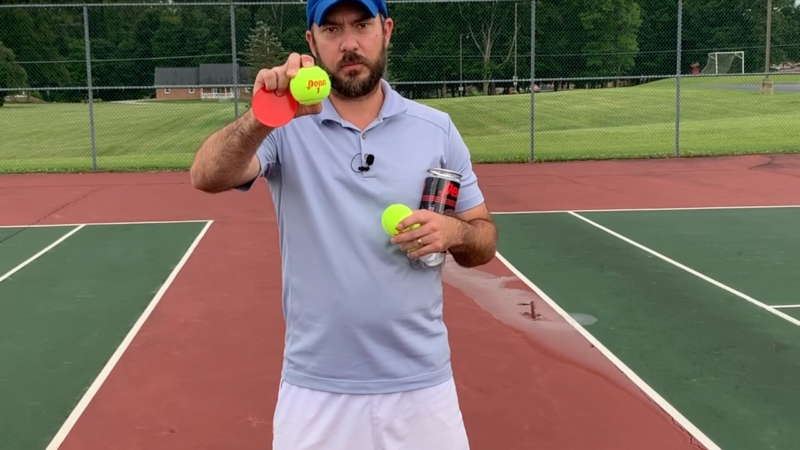
Regular tennis balls, also called all-court balls, are designed for clay and hard court surfaces like concrete. They have a softer feel that helps with control on different textures.
At major tournaments like the Grand Slams, players adapt their game to various surfaces such as clay at the French Open, grass at Wimbledon, and hard courts at the US Open and Australian Open.
While they don’t last as long in play, regular balls are more affordable than extra-duty balls. So they can be a good starting point, especially if you’re still learning technique.
Taking some time to practice grips and strokes before jumping into matches is really valuable. Getting a feel for how to produce different speeds, spins, etc. will serve you well as a player.
What Are Extra Duty Tennis Balls?
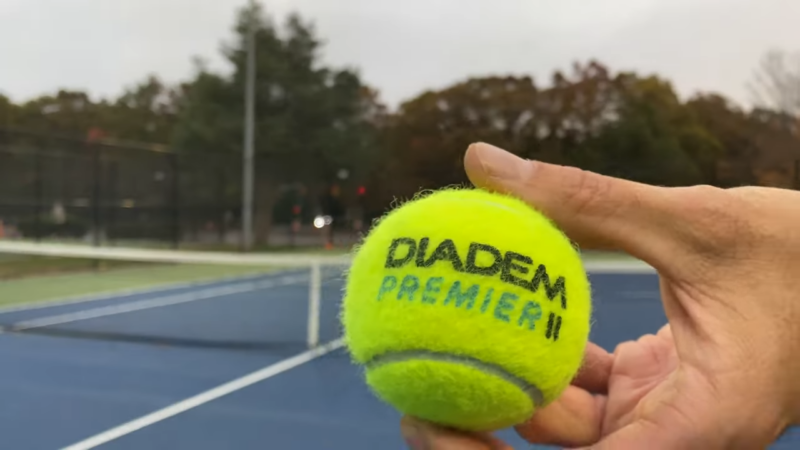
If you play a lot, you’ve probably seen those extra tough balls before.
Those extra tough ones are made special for hard courts like concrete or tarmac. Since the surface is harder, the ball will jump higher and move faster off it. That’s why they’re built to hold up better under that.
What makes them tougher is they have a thicker felt cover. That extra material means they last longer during play without getting damaged as easily. The bounce is also higher on account of the court type they match with.
So in summary – extra tough tennis balls have:
- A bigger bounce off hard courts
- More durability from the thicker felt
- A longer lifespan of play before needing to be replaced
How To Choose the Right Tennis Balls: Factors to Consider
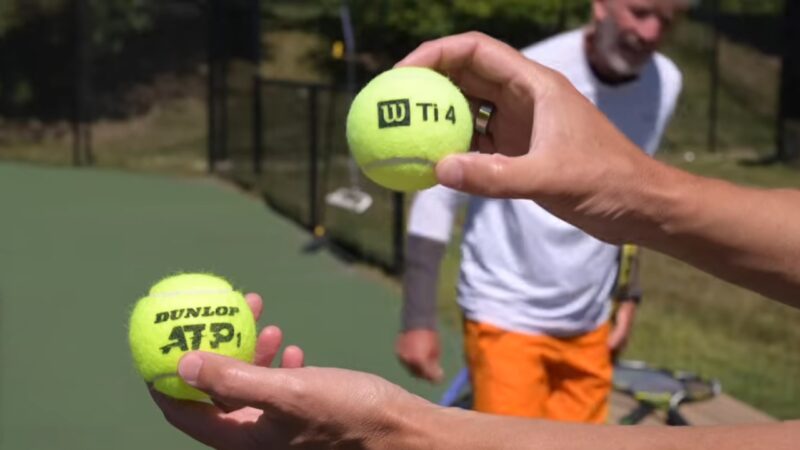
There are a couple of things ya gotta think about when pickin’ out the right tennis balls.
First off what kind of court ya play on most? Hard surfaces need a ball made differently than soft ones.
Another thing to keep in mind is the weather where you live. If it’s usually hot and muggy out, you’ll want one that doesn’t go flat too quickly in the heat. But if your place is on the cooler side, you might like a ball with more firmness for better control.
Say you play lots on cement at your neighborhood park, and it gets really steamy in the summer. Then one of them long-lasting extra tough balls would suit ya fine. But if’n your club got soft clay courts and it ain’t too warm, maybe a regular ball would serve you better.
Just think about the conditions you deal with and match them to the ball features. Store folks can help too if you explain your situation. Then you’ll end up with tennis balls that work best where and how you play most.
Remember to watch out for foot faults when serving on those courts—it’s important to keep your footing legal to avoid penalties during your game.

